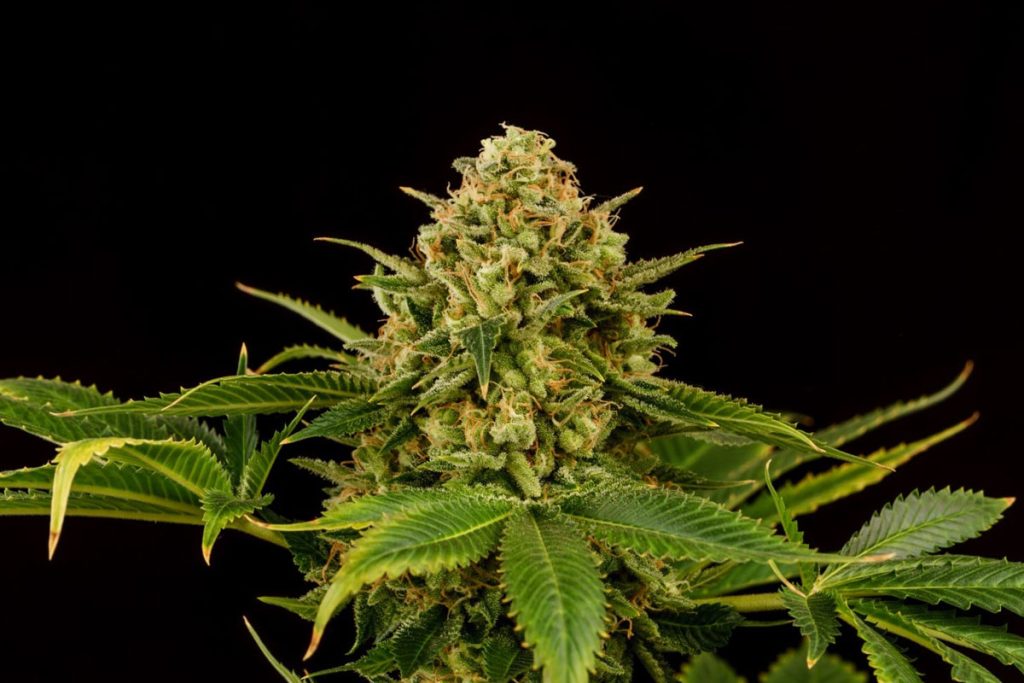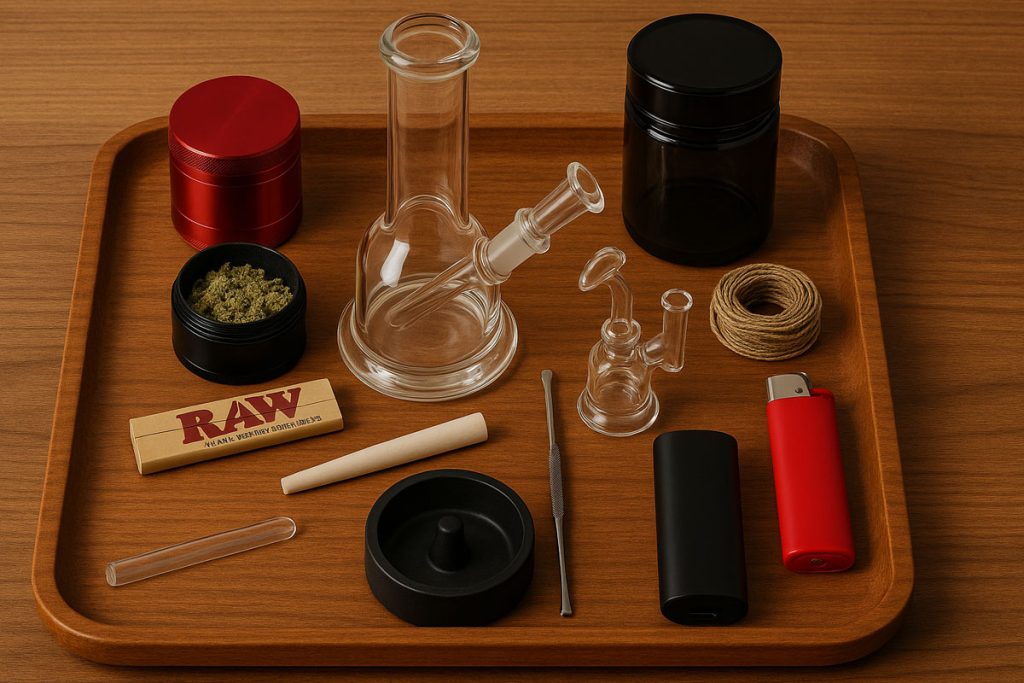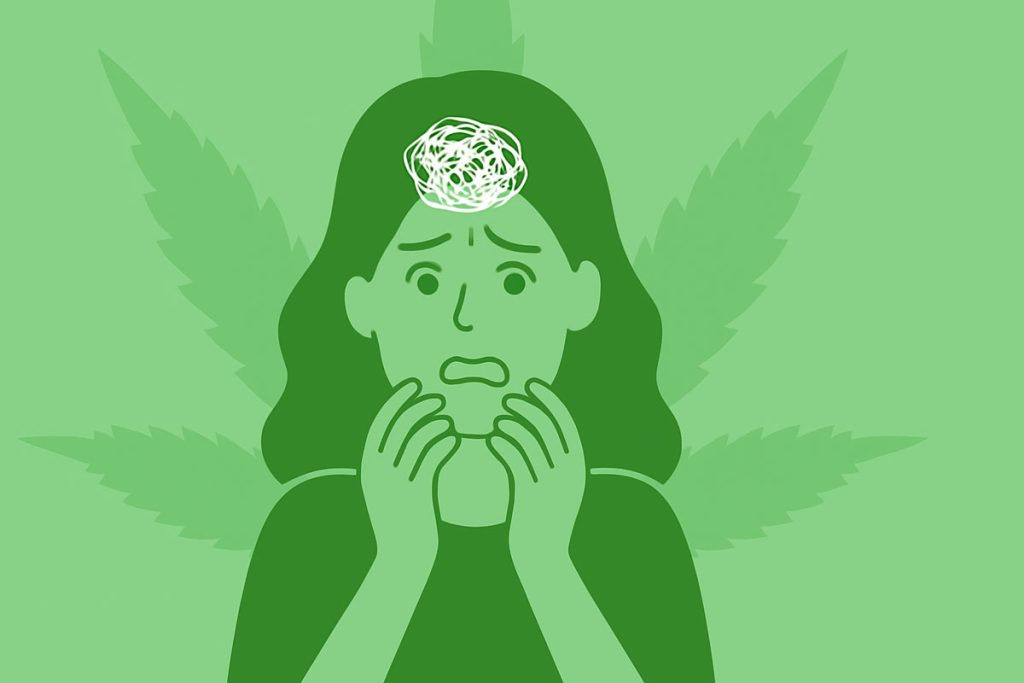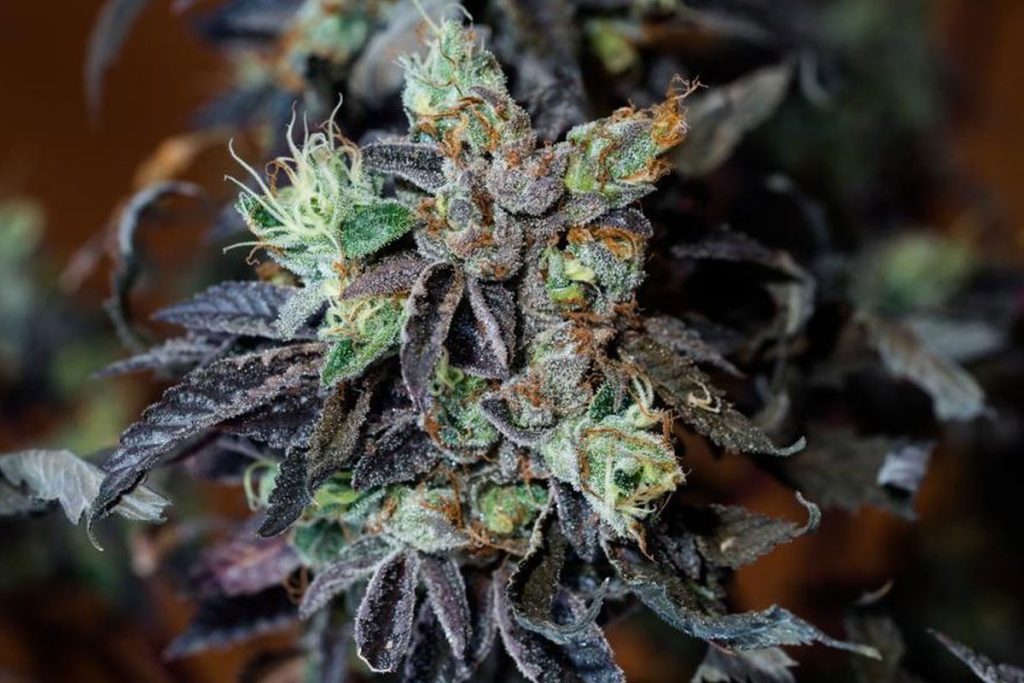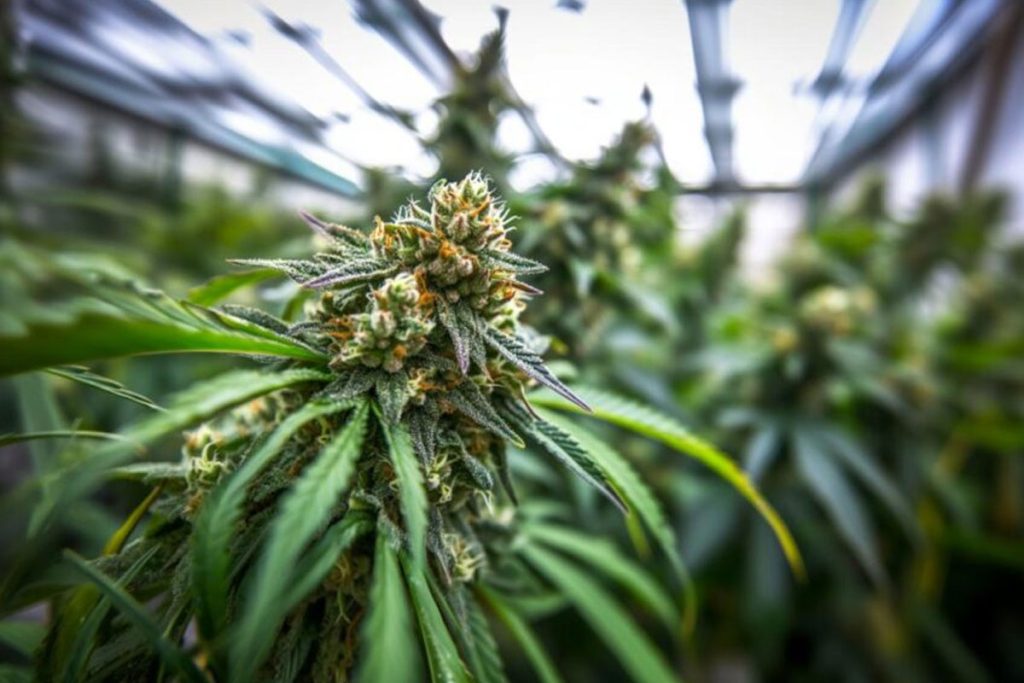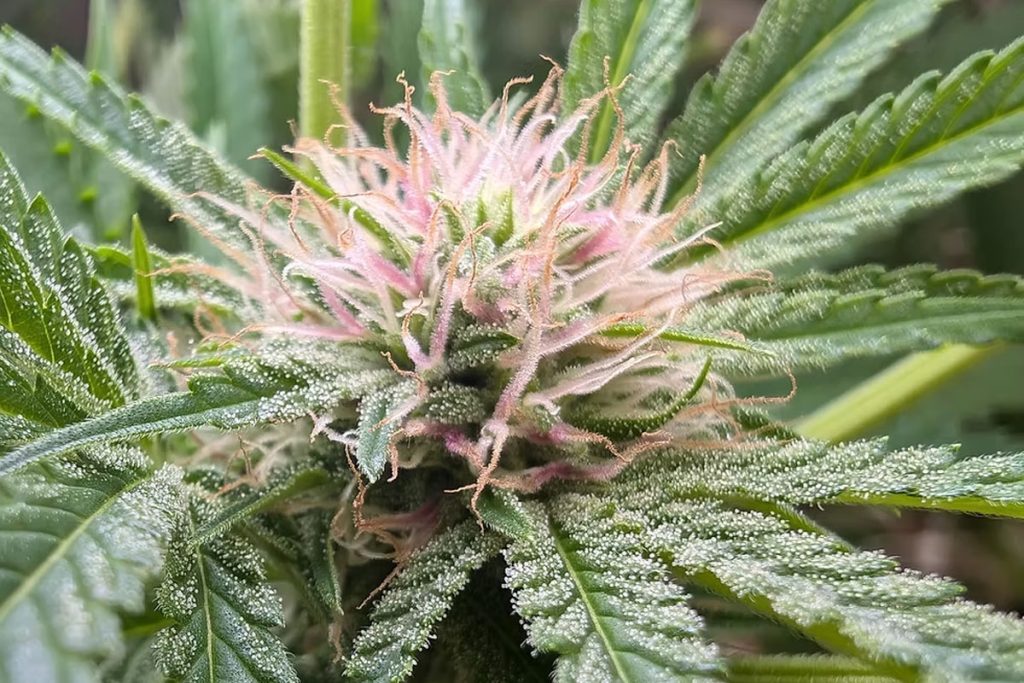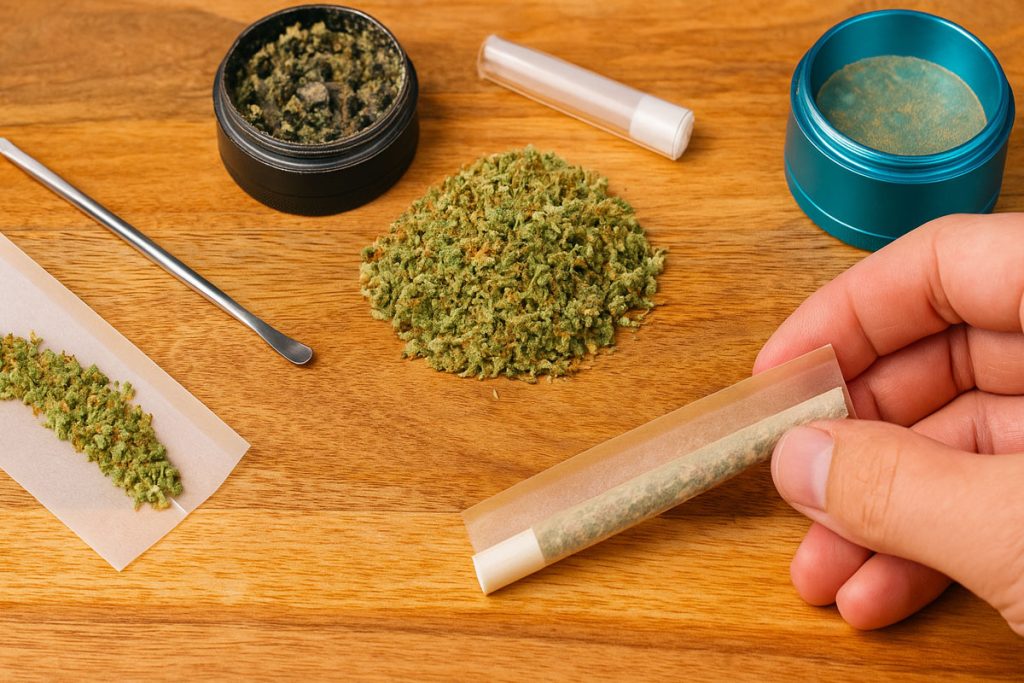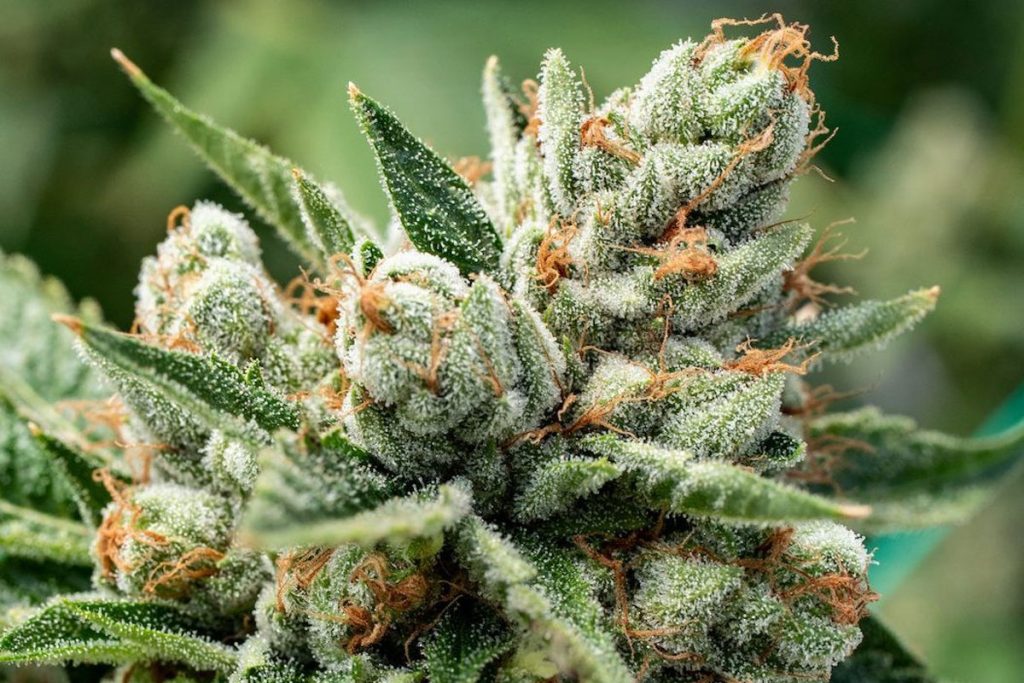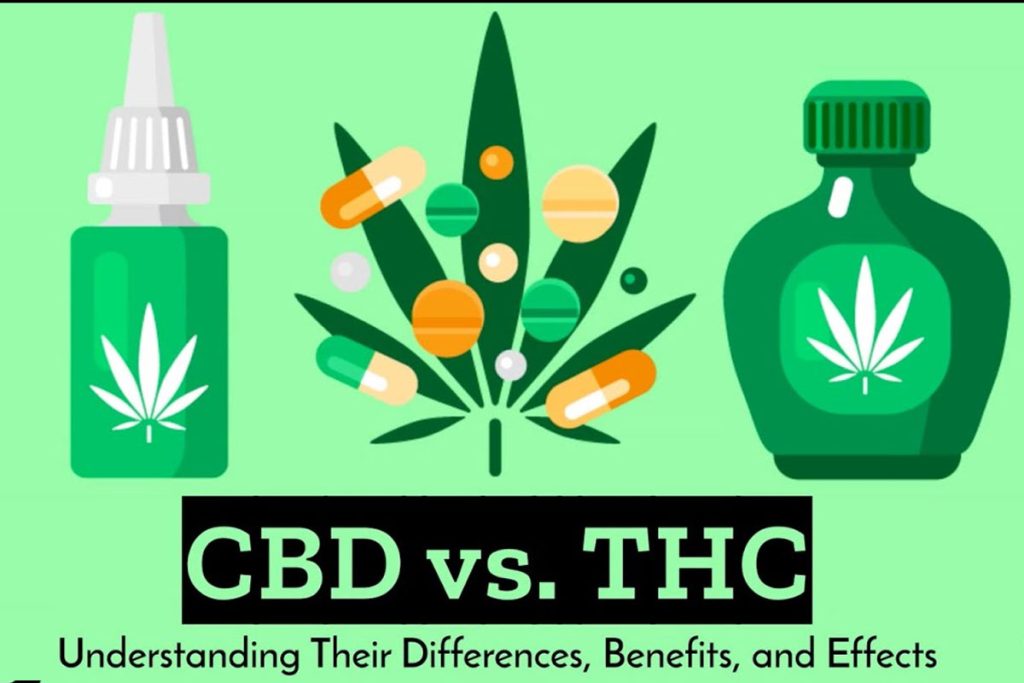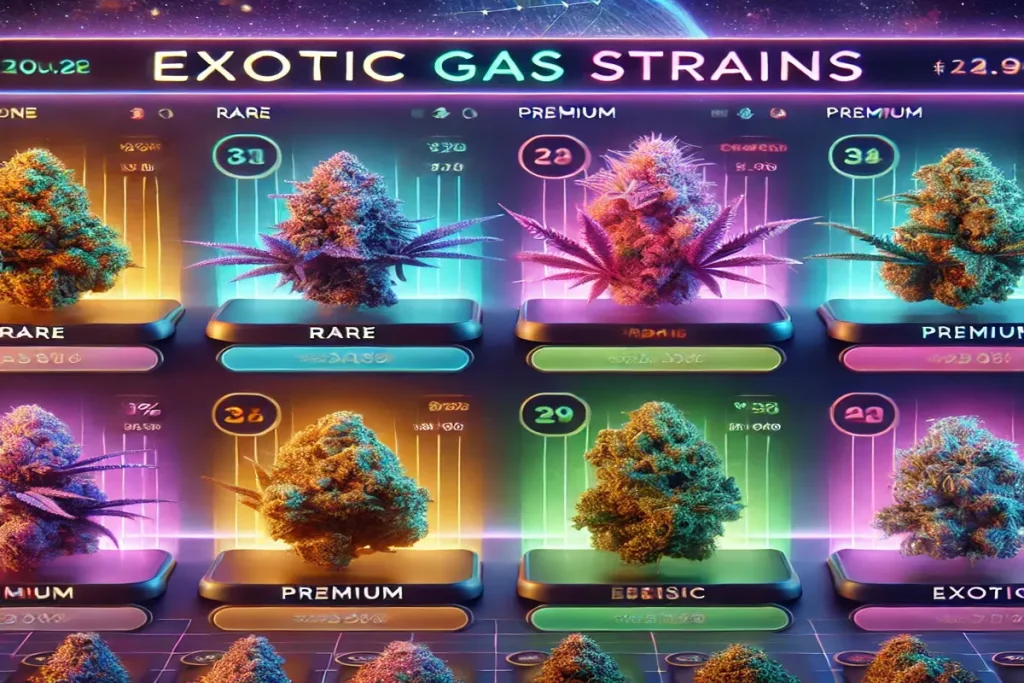Cannabis Treatment for PTSD
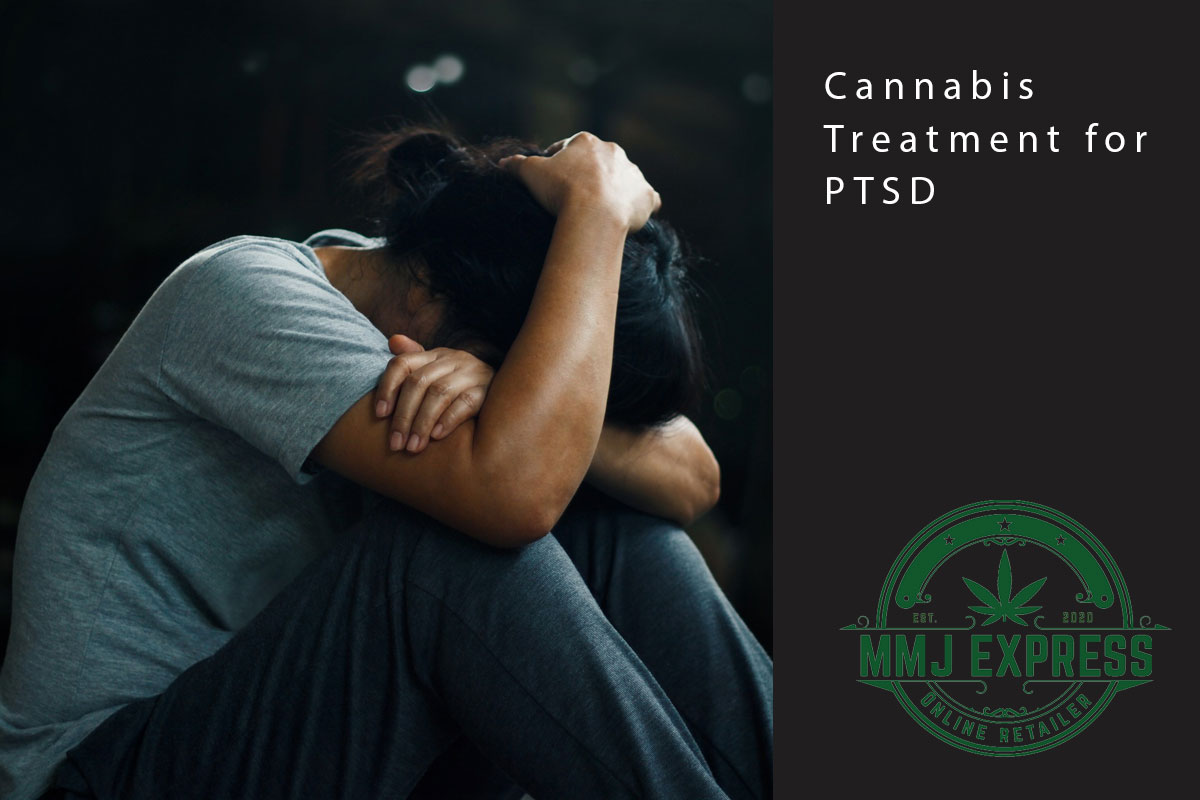
Cannabis is widely used for medical purposes in Canada. It has been shown to be effective in treating a variety of conditions including PTSD or post-traumatic stress disorder. This could mean great news for those who suffer from PTSD. In fact, there are now studies which show that cannabinoids can be effective at treating anxiety, depression, insomnia, and other mental disorders.
The Definition of PTSD
Post-traumatic stress disorder (PTSD) is a mental illness or disorder which is caused by one or more traumatic events. PTSD is a serious disorder. It’s characterized by intrusive, recurring thoughts, feelings of anxiety and helplessness. These symptoms can interfere with a person’s ability to behave normally, making it difficult for them to function in daily life. In Canada, studies suggest that nearly 1 out of 10 Canadians may develop PTSD at some point in their lives. PTSD can have a very negative impact on the person’s quality of life and may cause them to suffer from many other problems as well.
It’s important to note that there are several different types of PTSD, each with different symptoms. However, they all share one common characteristic: the person has been exposed to a traumatic event which caused them great emotional distress.
How cannabis helps patients with PTSD
Cannabis has been used for centuries for its pain-relieving, anxiety-reducing, and sleep-inducing qualities. The key to cannabis’s ability to treat these symptoms is its interaction with the endocannabinoid system (ECS). A large number of studies have studied cannabis as a treatment for PTSD. Most of these have found positive results when using cannabis.
The ECS is a network of cannabinoid receptors in the brain that play an important role in regulating body functions such as pain, appetite, sleep, mood and memory. There are two types of cannabinoid receptors: CB1 receptors and CB2 receptors. CB1 receptors are found primarily in areas like the immune system and central nervous system. They are involved in inflammatory reactions, immunity and some brain functions. CB2 receptors are widely distributed throughout the body but play a major role in inflammation associated with autoimmune diseases.
The cannabinoid system is involved in a number of vital functions related to memory and emotional regulation. It appears that the cannabinoid system affects how nerve cells communicate with one another. Neuroscientists have demonstrated that cannabinoids can slow down and even stop the spread of certain brain diseases such as Alzheimer’s and multiple sclerosis. There is mounting evidence that cannabis may also help treat other mental health disorders such as depression and anxiety, especially when used in conjunction with other medications. For example, the endocannabinoid system regulates mood and sleeping patterns, so patients who have been prescribed antidepressants often report decreased sleepiness after beginning treatment with cannabis.
In addition to this overall therapeutic effect on patients’ mental health symptoms, studies suggest that there may also be some spiritual benefits associated with cannabis use which can be helpful for those suffering from spiritual distress or low faith at times of personal crisis.
How to choose the right product for you
We all have different experiences with cannabis for PTSD. Some people experience a calming effect, while others find that it is too strong and make them feel paranoid or anxious. No matter which method you use, what works for you will depend on your background, medical history and personality. In general, the best method for treating PTSD symptoms is to use cannabis in combination with psychotherapy.
If you are interested in trying cannabis products, visit MMJExpress.cc for a wide selection of cannabis products.

